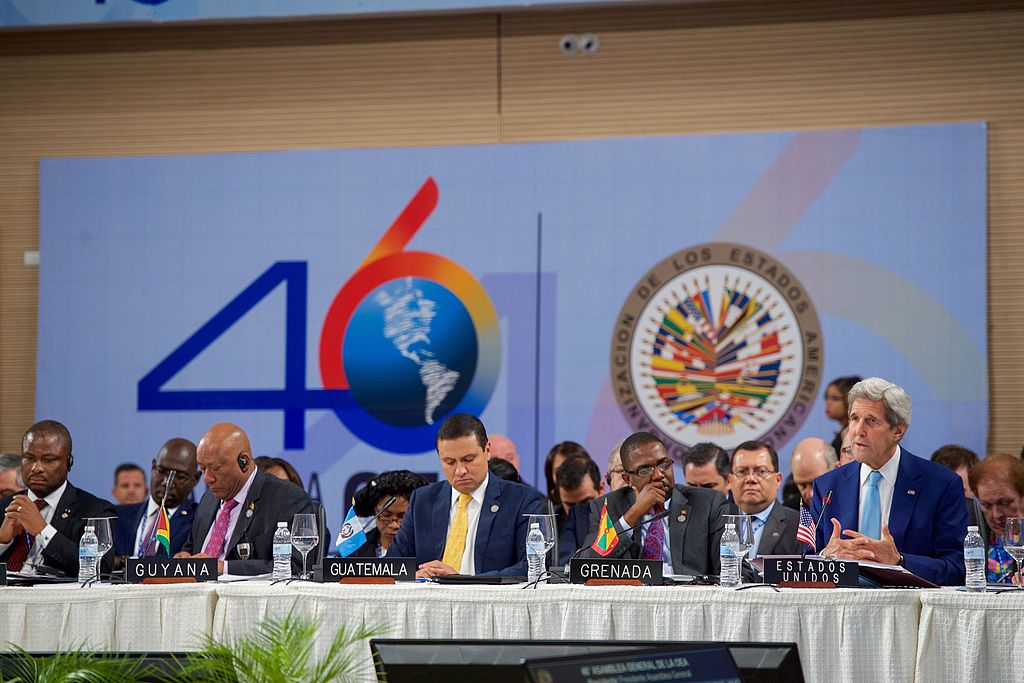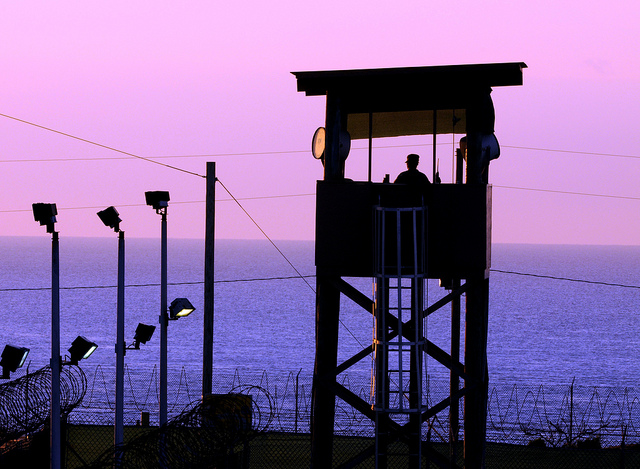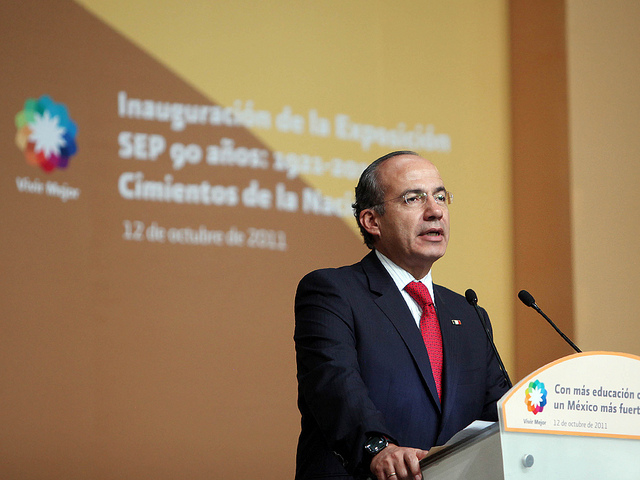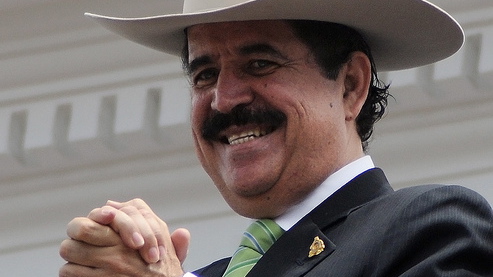
Latin America: Week in Review, Uruguay
Uruguay Senate Votes to Annul Amnesty Law For Crimes During Dictatorship
April 13, 2011 By Staff
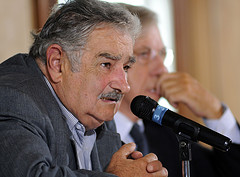
Uruguayan President José Mujica.
Today in Latin America
Top Story — Uruguay’s senate voted Tuesday night to annul an amnesty law for crimes against humanity committed during the country’s 1973-85 dictatorship. In a tight vote, the annulment adopts a measure that would overrule voters who upheld the law in two previous referendums.
Partially thanks to the backing of President José Mujica, the measure passed 16-15 after a 12-hour debate. The legislation could become law on May 20 — the day Uruguay honors the political prisoners who were kidnapped and killed during the military junta — but it first needs to go through the lower house for minor changes.
If the legislation becomes law, courts could prosecute human rights violations committed in Uruguay by the Uruguayan military, fulfilling a key demand of the governing Broad Front coalition and complying with a 2009 Supreme Court ruling that found the amnesty unconstitutional.
The move has faced strong opposition from the country’s right wing and from retired members of the military, who say that the annulment would challenge a common political ground the nation has built through nearly a quarter-century of democracy.
“It’s clear now what kind of morality moves our enemies. It’s profoundly immoral, antidemocratic,” said retired Col. José Carlos Araújo, spokesman for the Liberty and Harmony forum of former military officials, according to The Washington Post. “They don’t even respect the decisions of the people.”
The military amnesty law — known as the Expiry Law– was passed in December 1986 and pardoned human rights violations during the 12-year dictatorship. The measure protects the majority of uniformed officials with past efforts failing to overturn it.
Amnesty International has in the past called for the law to be annulled, claiming it violates Uruguay’s international legal obligation to provide justice and uncover the truths of the dictatorship.
In another recent turn of events, a court last March sentenced former President Juan Maria Bordaberry to 30 years in prison for rights violations. In 1973, he dissolved Congress and intensified a campaign against left-wing dissidents.
Headlines from the Western Hemisphere
North America
- Investigators in Mexico found a total of 116 bodies in pits near the border with the United States, which is 28 more than previously reported.
- An Attorney General’s Office spokesman for Mexico’s Tamaulipas state said two victims – a Mexican and a Guatemalan – have been identified from among those found in in the past few days in the mass graves outside San Fernando.
Caribbean
- The Cuban capital is facing its worst water shortage in the last 50 years due to the effects of the drought and the progressive deterioration of the fresh water supply network, Communist Party daily Granma said Tuesday.
- The U.S. Coast Guard said Tuesday that it never sought to enter Cuban waters to recover a stranded barge, contradicting an American company’s account of an incident that resulted in the loss of $2 million in building supplies bound for Haiti.
- Puerto Rico will lose some 10 percent of federal funds that had been allocated to the island up to September as a result of the $38-billion reduction in government spending agreed by the U.S. Congress.
Central America
- A man died from hantavirus in the central province of Veraguas, becoming the first fatality from that illness in 2011, Panamanian health officials said.
- Guillermo Maza, health minister in El Salvador from 2004 to 2009, and eight others were accused of defrauding the state of more than three million USD in the reconstruction of a hospital damaged by the 2001 earthquakes.
Andes
- Colombian President Juan Manuel Santos says Venezuela is no longer harbouring Colombian left-wing rebels.
- U.S. ambassador to Ecuador, Heather Hodges, left the country Tuesday a week after being declared “persona non grata” over a leaked diplomatic cable critical of President Rafael Correa.
- Workers have lifted a strike that had stopped output at Buenaventura’s Uchucchacua silver mine in Peru, but a protest by villagers kept them from going back to work, a union leader said on Tuesday.
Southern Cone
- The French Transportation Ministry said that a ship will begin retrieving pieces of wreckage from the Air France jet that crashed off the coast of Brazil in 2009, killing all 228 people aboard.
- A report by the Organization for Economic Cooperation and Development said that Chile had the highest income inequality among the 34 countries that make up the OECD.
- The U.S. State Department denied a visa request by a German journalist working in Argentina who wishes to investigate whether the U.S. knew that Nazi Adolf Eichmann was living in Argentina.
Image: Presidencia de la República del Ecuador @ Flickr.
